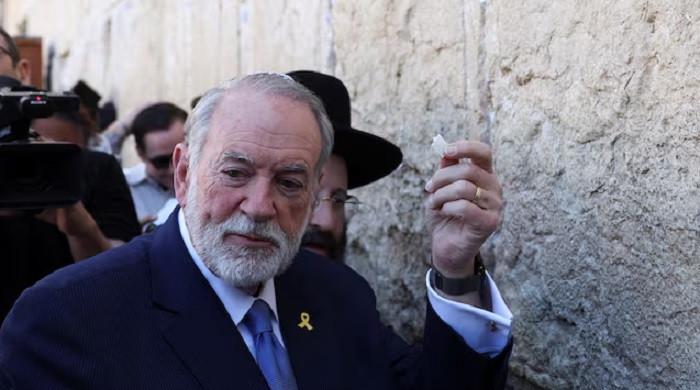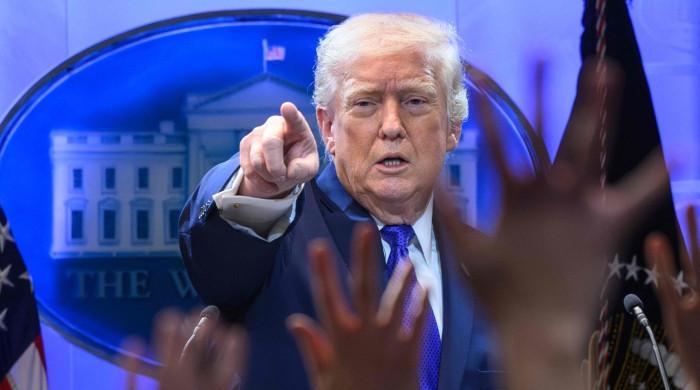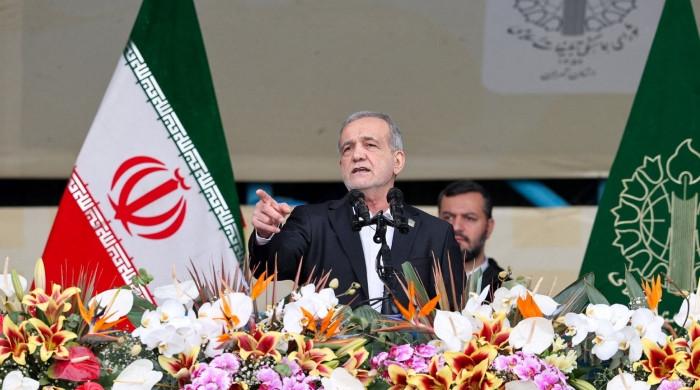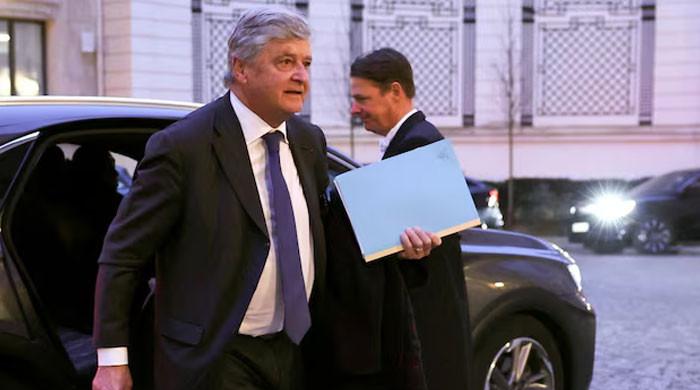Travelling to US will soon come with $250 'visa integrity fee'
Fee will apply to all travellers who need nonimmigrant visas to enter US, including tourists
July 23, 2025
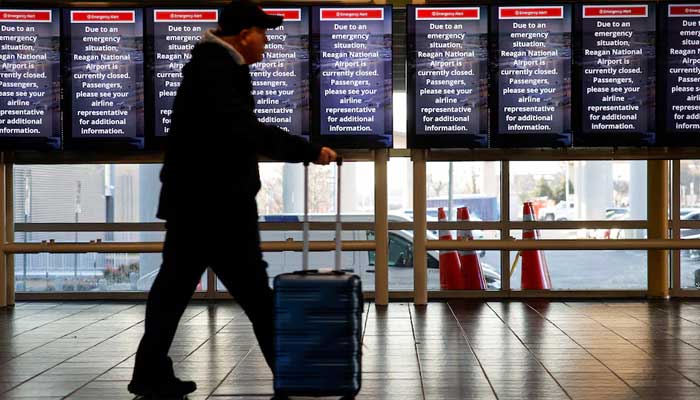
The United States will begin charging international visitors a new “visa integrity fee” of at least $250, in addition to current visa application fees, as outlined in a recently passed domestic policy bill from the Trump administration.
The fee will apply to all travelers who need nonimmigrant visas to enter the US, including tourists, business travelers, international students, and other temporary visitors. According to the State Department, nearly 11 million nonimmigrant visas were issued in fiscal year 2024.
Travellers from Visa Waiver Programme countries — such as Australia and many European nations — who visit for 90 days or less will not be subject to the fee, since they don't need visas.
The fee must be paid when the visa is issued, and no exemptions will be granted. However, travellers who follow all visa conditions may be eligible for a refund after their visit, although the exact process for reimbursement has yet to be clarified.
Immigration attorney Steven A Brown of the firm Reddy Neumann Brown PC described the new charge as a “refundable security deposit” in a recent blog post, noting the lack of details on how refunds will be processed.
“In terms of the purpose of the fee, it’s hard to say,” Brown said in an email to CNN. “Generally, immigration fees are to cover the expense of adjudication or issuance,” but he noted that the reimbursement provision could mean refunding all of the fees gained. “In a perfect world, there would be no overstays or visa violations.”
The Department of Homeland Security, which is implementing the new fee, has not yet provided details about the refund procedure or other elements of how the policy will be introduced.
“The visa integrity fee requires cross-agency coordination before implementation,” a Department of Homeland Security spokesperson said in a statement to CNN.
A spokesperson for the State Department stated that the fee was created to help advance the administration’s goals of enhancing immigration enforcement, discouraging visa overstays, and supporting border security.
Fees that aren’t reimbursed will be “deposited into the general fund of the Treasury,” the provision in the bill says.






